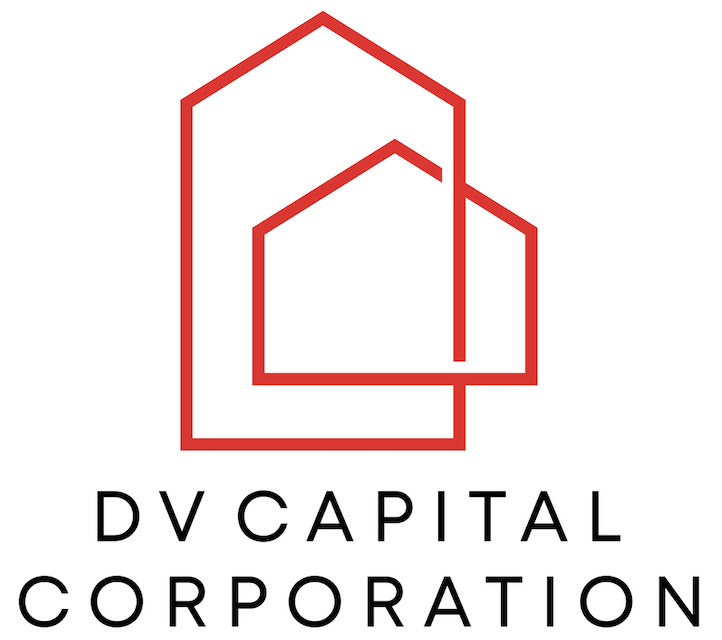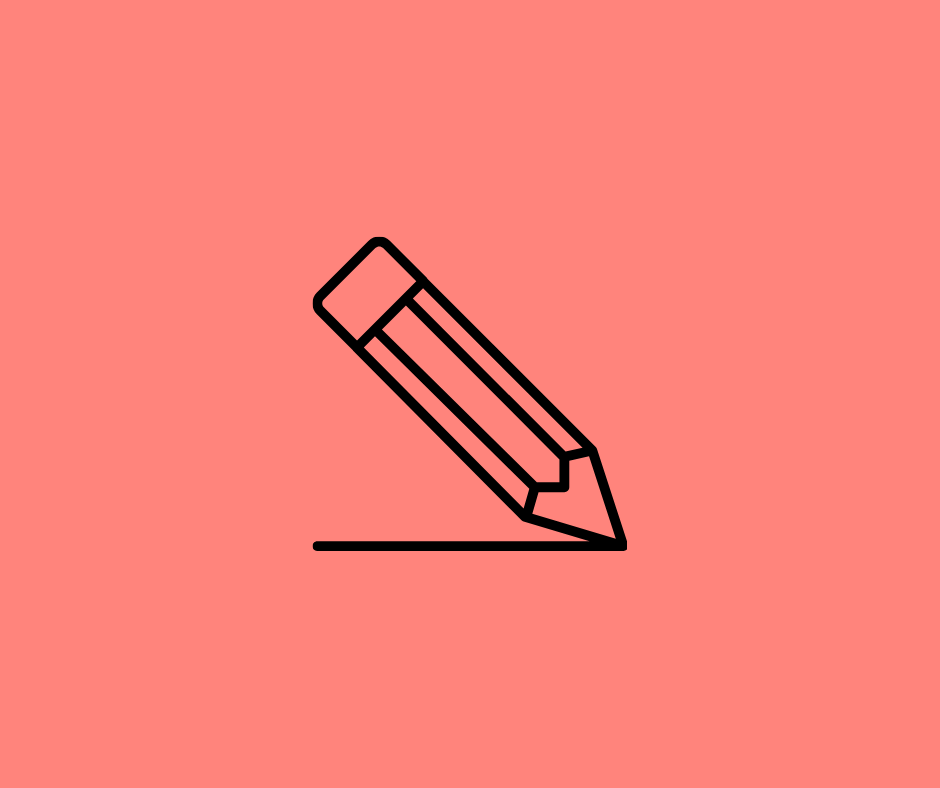Home Purchase Closing Costs.
Home purchase closing costs are best known about from the onset of your home purchasing mission. Although most of these closing costs might seem obvious to you, there are some expenses that might catch you off guard.
Potential Closing Costs:
Deposit: You will be required to apply a deposit or series of deposits in the case of buying pre-construction. The deposits that you apply will ultimately be credited towards the purchase price. A deposit serves as a good faith token to the seller and also positively reflects your motivation and financial position.
Down Payment: You have likely heard that you able to purchase a home with a down payment less than 20%. If so, you are correct. In fact, income and credit qualified borrowers are able to purchase a home with a down payment no less than 5%. However, if the property that you are purchasing is worth $1,000,000 or more, you will no longer qualified for an insured mortgage. This means that your plans to apply a 5% down payment, are no longer a reality, and you’re now required to apply a 20% down payment.
Appraisal: In some cases your bank will be able to complete what is known as an automated valuation method at no expense to you. In most cases however, your mortgage lender will condition your approval to an appraisal.
Condominium or Strata Certificate: In mostly all cases when purchasing or refinancing a condominium a certificate must be ordered. Most times, when you are purchasing, the seller has obtained a copy, however, when you are refinancing, this will be your expense.
Home Inspection: You might voluntarily opt to pay a third party to conduct a home inspection and opine, from a visual standpoint, on the overall condition and performance of the property.
Legal Fees: Your lawyer will represent you for the purchase aspect and in most cases also represent you for the mortgage closing. Either as an agent on behalf of the mortgage lender and yourself, or, the lender will appoint their own solicitor, and your lawyer will independently represent you and your interests.
Mortgage Default Insurance: As mentioned at the onset of this article, if you are purchasing your home with a down payment between 5% and 19.99%, this is your cost. In most cases, you are able to roll the premium into your mortgage amount. However, keep in mind that in most provinces the premium is taxable and must be paid at closing.
Adjustments: You will be responsible for any and all closing adjustments. These include, but are not limited to, reimbursing the seller for prepaid property taxes and utilities. Don’t worry, all costs will be outlined on your copy of the statement of adjustments.
Interest Adjustment: A relatively simple concept that consists of collecting interest for the day of closing and the days up until the actual first payment date. On a $500,000 mortgage @ 2.69%, 15 days of interest equates to $552.74. Although this amount isn’t devastating in itself, it might be to your budget if unexpected.
Mortgage Arrangement: In most cases, your mortgage lender will pay your mortgage brokerage directly at no cost to you. Other times, there will be an arrangement cost depending on the complexity and time sensitivity of the financing requirement.
Property Insurance: You will be responsible to cover the cost of the insurance policy at the time of closing. Sufficient coverage is not only very important to you as a homeowner, but also to you mortgage lender.
Title Insurance: You as the mortgagor (borrower) will be responsible to pay the title insurance premium if you take out a homeowner policy. Irrespective of the aforementioned, you are in fact responsible to cover the cost of your mortgage lenders title insurance policy.
Well Water & Septic Tank: Typically the sellers expense, however, not always. On a side note, if you are refinancing your property, your mortgage lender might a well water test to determine if the well is in good working order and the water is safe to drink.
Property Tax Holdback: This point elaborates on rebating the seller any prepaid property taxes. In some cases, your mortgage lender will want to collect a sum of money known as a property tax holdback. The purpose of the property tax holdback is to mitigate the risk of property tax arrears and allow your lender to make upcoming instalments.
Land Transfer Tax: You will be responsible to pay a percentage of the purchase price pursuant to your municipalities corresponding tax rate. As of the time this article is written, purchasing a $500,000 property in Ontario will trigger a $6,475.00 provincial land transfer tax. Furthermore, if the same property is located in Toronto, you will trigger an additional $6,475.00 municipal land transfer tax.
Keep in mind that your lender will typically request evidence that you have the cash equivalent of 1.5% – 4% of the purchase price to cover closing costs.
Note: If you are self-funding your down-payment (cash in your savings account) please keep in mind that funds must be held in the account for a minimum of 90 days with bank statements to verify.
In some instances, we are able to capitalize a portion of the closing costs to your mortgage amount. This places less financial strain on you as the purchaser.
We will help guide you through the number-crunching and mortgage process so that you can focus on what’s fun – finding your dream home!
DV Capital Corporation
FSRA Brokerage License:. 13186
Local: 416-839-5874
Toll-Free: 1-866-839-5874
Email: [email protected]
Website: www.dvcapitalcorp.com

